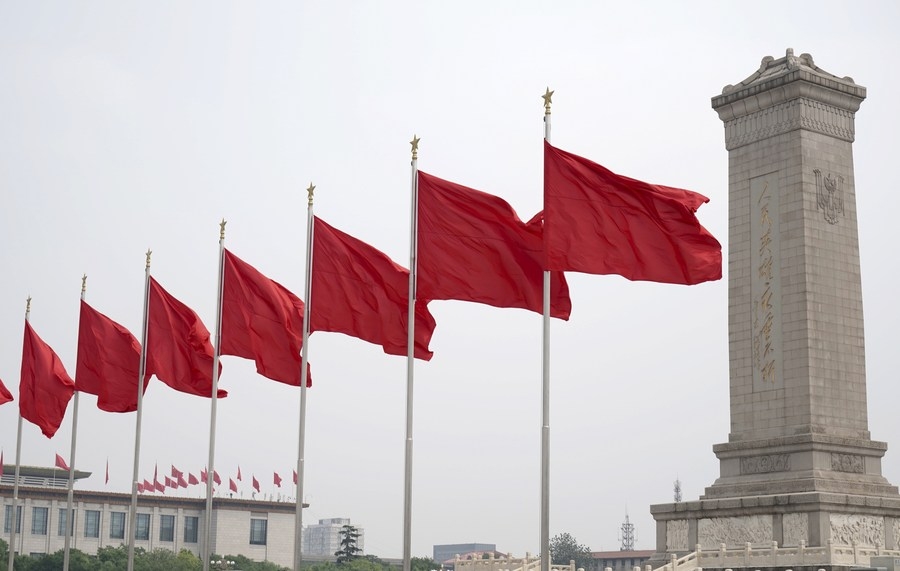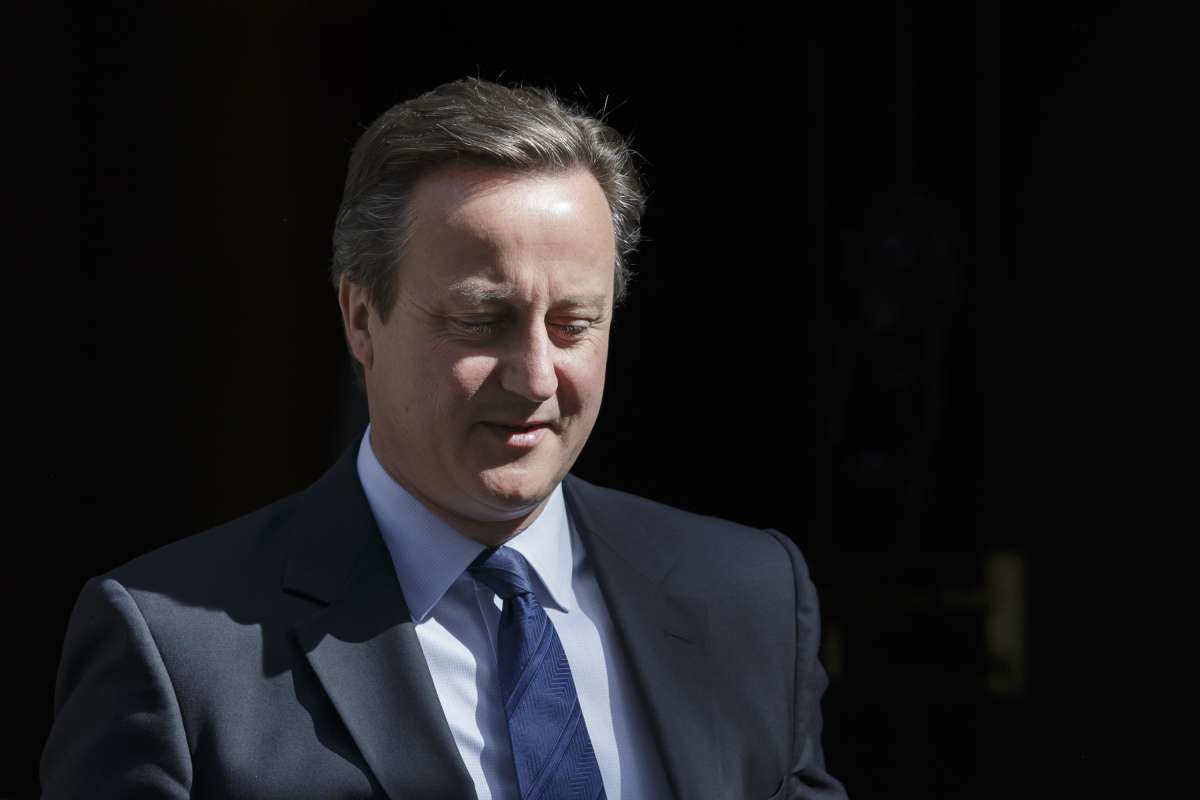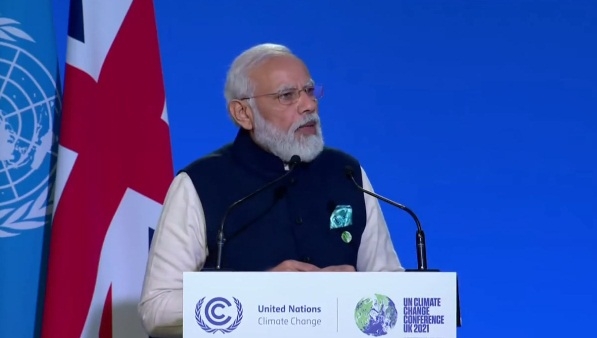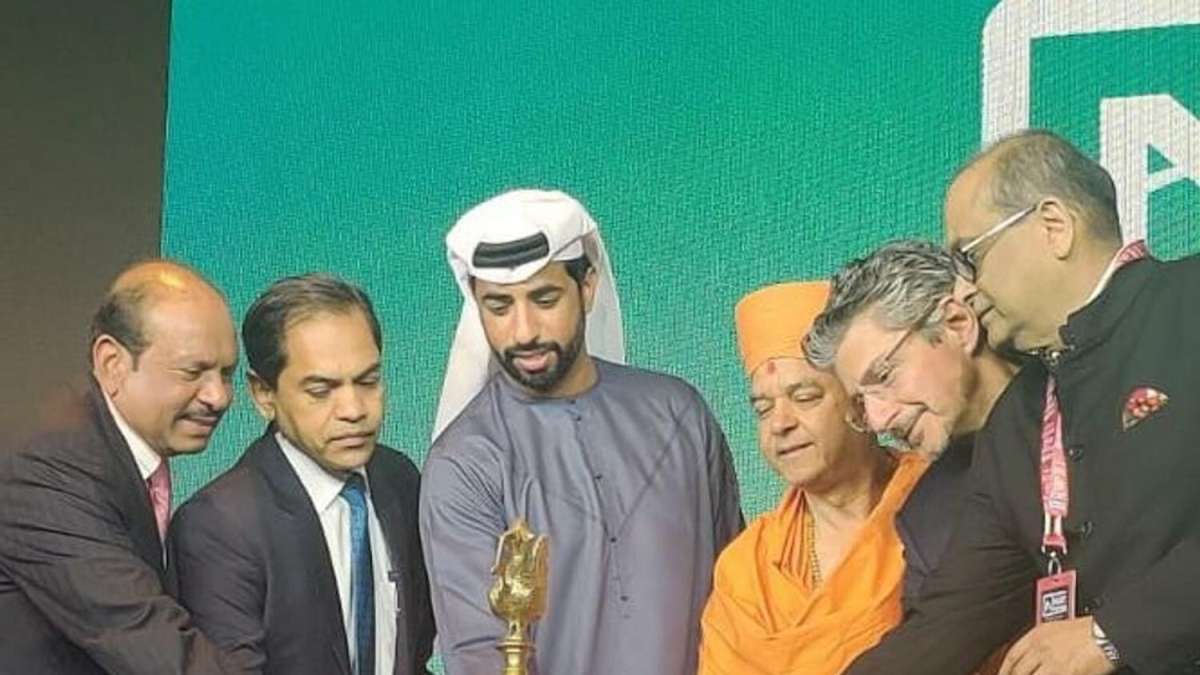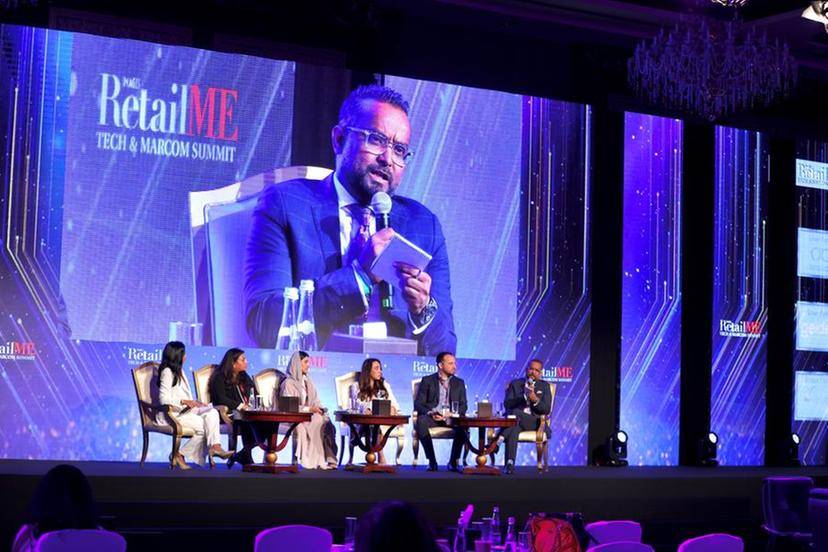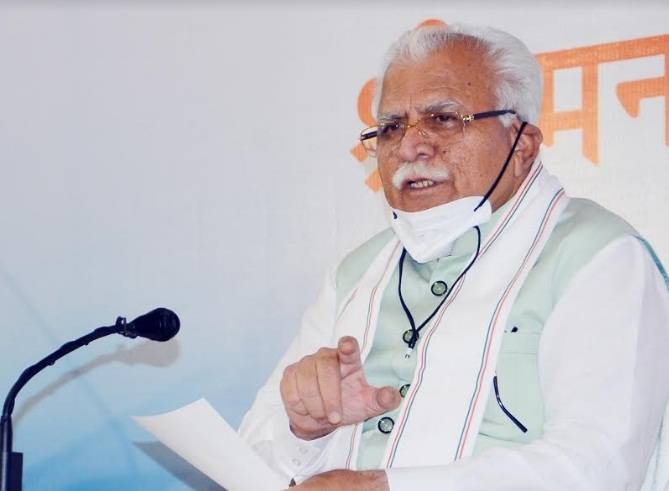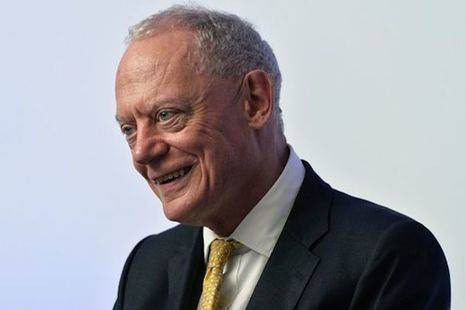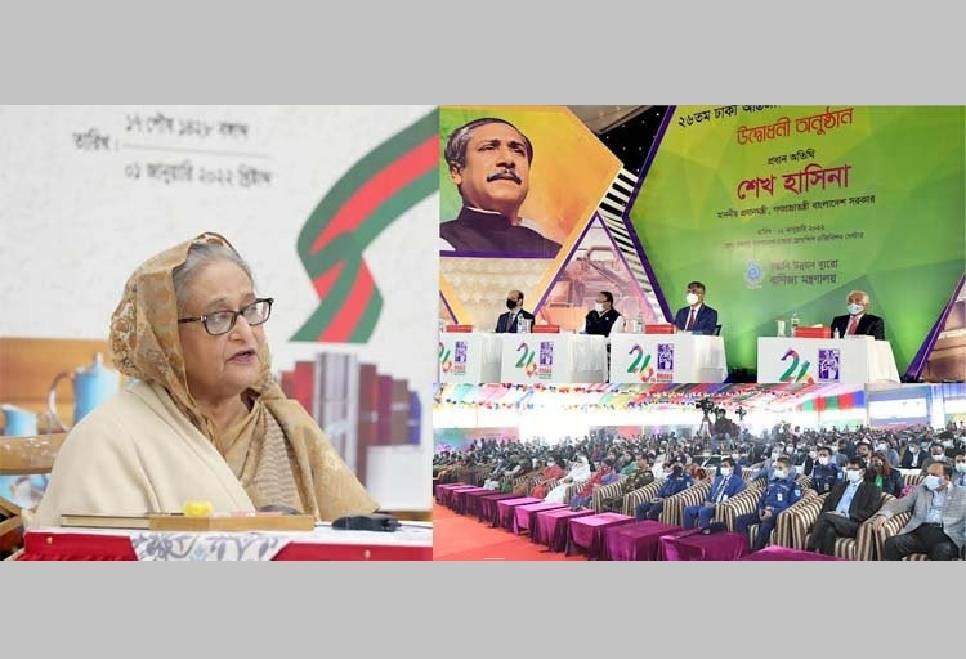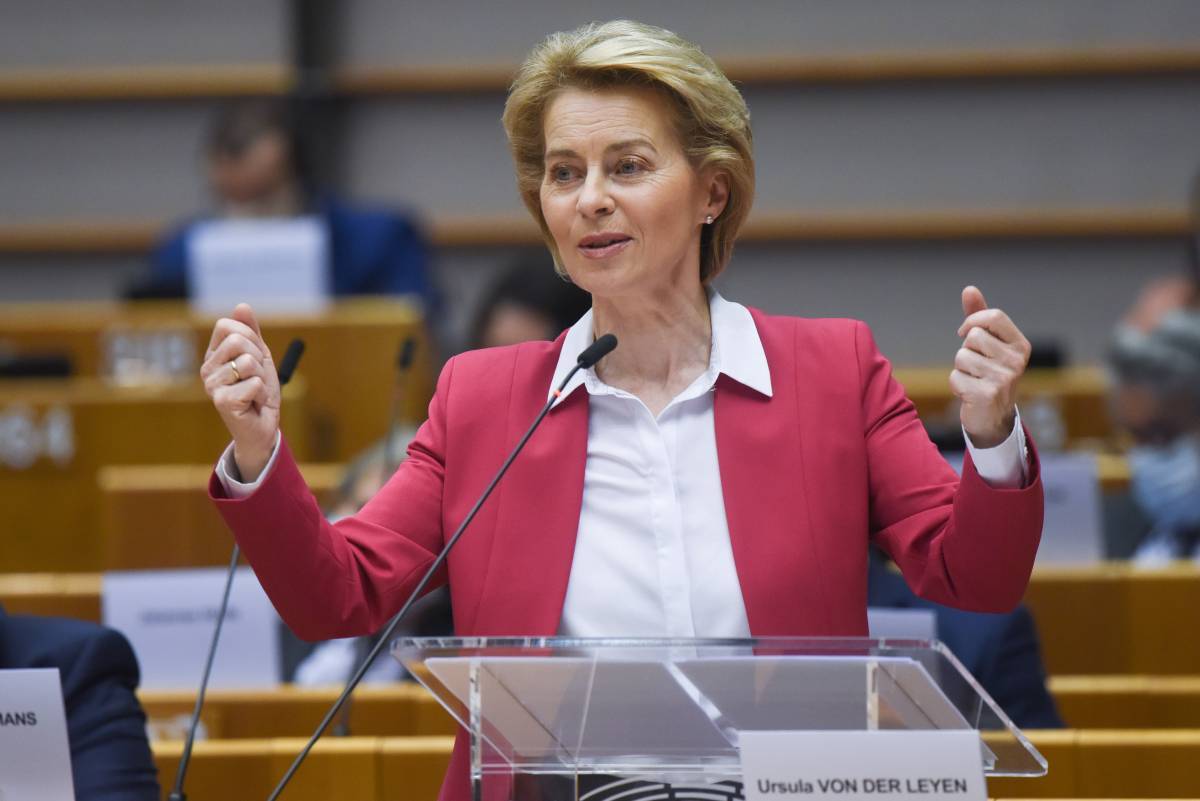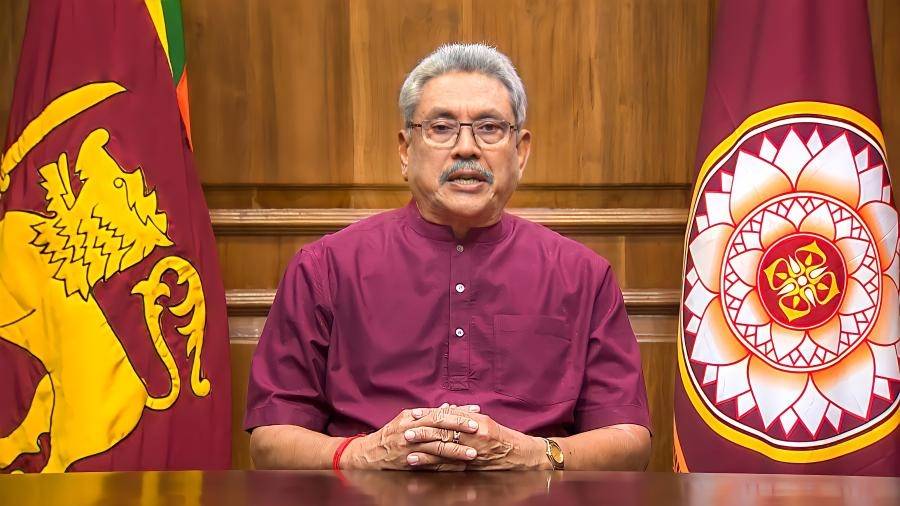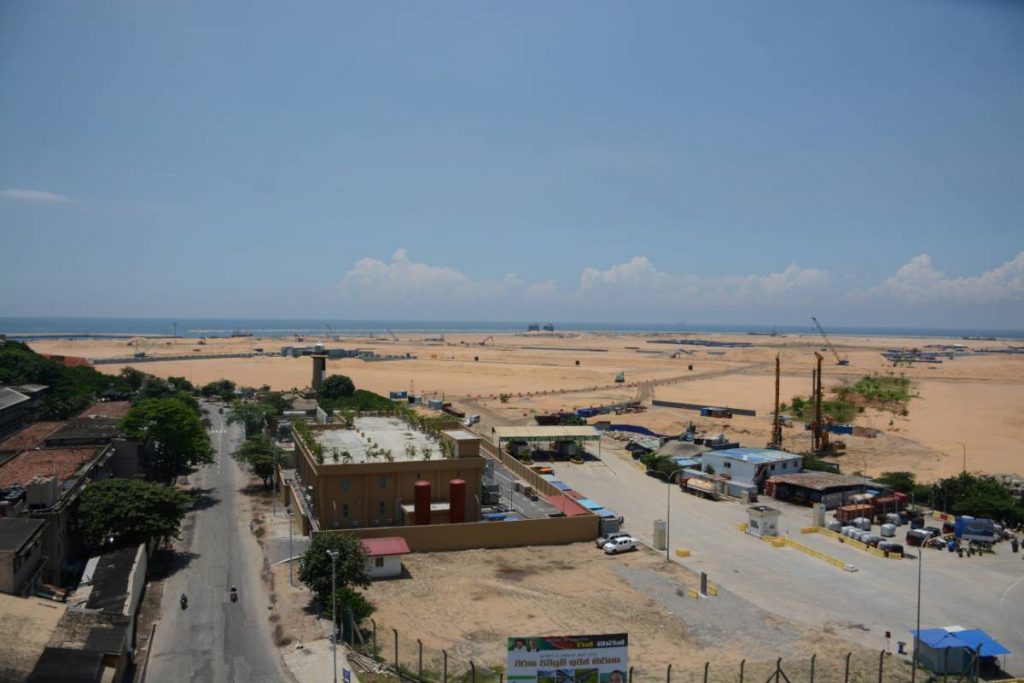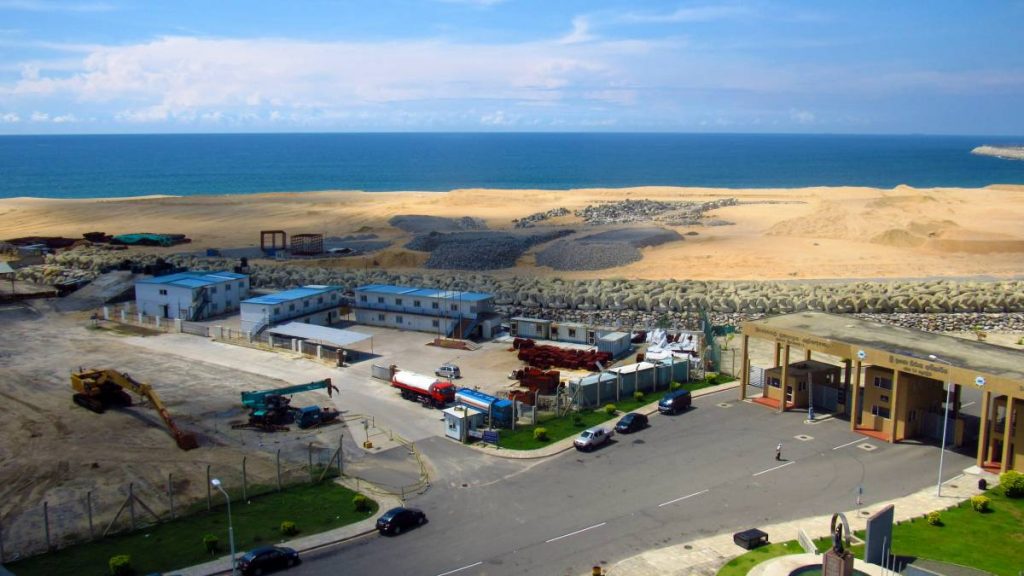Lulu Group International is one of the few retailers who continued expansion during the COVID-19 pandemic by opening 50 large-format outlets including 44 hypermarkets and 6 fulfilment centres from 2020 till date, to take the number of hypermarkets, shopping malls and fulfilment centres to 235 across 12 countries including the GCC, India, Malaysia, Indonesia and Egypt…reports Asian Lite News…reports Asian Lite News
Lulu Group International, operator of the Middle East’s largest organised retailer, announced massive investment in retail sector at the RetailME Tech & Marcoms Summit and ICONS Awards, organised by Images RetailME – the largest retail information and market intelligence platform in the Middle East – that saw 45 experts sharing their insights on the changing retail landscape in the region and the rest of the world.
Despite the headwinds and rising inflation worldwide, the retail sector is witnessing growth. The global retail sales revenue will grow from US$26 trillion in 2021 to more than US$30 trillion in 2024 – which is equivalent to a third of the global economy, according to industry reports.
A report released by the Dubai Chamber of Commerce and Industry has projected the UAE’s retail sales to reach $70.5 billion (Dh259 billion) by 2025 — an annual growth of 6.6 percent.
Welcoming the delegates, Justina Eitzinger, Chief Operating Officer of Images RetailME, said, “Innovation, evolution and revolution – are the keywords that define the state of today’s retail industry which is in the middle of a tremendous transformation. While technology has undeniably enhanced shopping journeys, it can’t quite solve the problem of ‘experience disconnect’, which is where the creative human minds that are responsible for driving the company’s purpose, messaging and brand image comes into play. So we decided to marry the tech and marcom aspects and bring the minds in-charge of these two elements for a full day of thought-leadership exchanges, panel discussions, masterclasses, and more.
“Retailers have realized today that heightened customer expectations can only be met with the adoption of the right tech tools, which is why technology has evolved to become the most important catalyst of the retail industry.”
Lulu Group International is one of the few retailers who continued expansion during the COVID-19 pandemic by opening 50 large-format outlets including 44 hypermarkets and 6 fulfilment centres from 2020 till date, to take the number of hypermarkets, shopping malls and fulfilment centres to 235 across 12 countries including the GCC, India, Malaysia, Indonesia and Egypt.
From 2020 till 2023, it has a pipeline of 91 hypermarkets and stores lined up for opening, of which, it has already opened 50 during the COVID-19 pandemic.
“Despite continued headwinds including COVID-19 and other challenges, we have continued to expand our operations across the world. We never stopped growing. “We are going to open 11 more hypermarkets this year and a further 27 hypermarkets and stores next year,” Nandakumar Vijayan, Director of Marketing and Corporate Communications at Lulu Group International, said at the RetailME Tech & Marcoms Summit taking place at the Conrad Dubai Hotel.
For each hypermarket, the company usually invests around Dh125 million, he said. The total investment in 85 hypermarkets and six stores would exceed Dh10.62 billion in four years at this rate.
“Despite the outbreak of COVID-19, we opened 9 hypermarkets and 2 dark stores in 2020 and 24 hypermarkets and three stores in 2021 – at the height of the pandemic. We continue with our expansion this year despite the challenging environment. We have already opened 14 hypermarket and 1 store so far in 2022 with 11 more to open by the end of this year,” he said.
Lulu Group also has sourcing and regional offices in the United States, United Kingdom, China, Turkey, India, Malaysia, Indonesia, Thailand, the Philippines, Vietnam, South Africa and Uganda. The group employs 57,000 professionals across the world. It has also partnered with the UAE Government to support the UAEs food security programme, by supplying foodstuff and consumer goods at an affordable price to protect the UAE consumers from inflationary pressure.
“Since 2020, we are part of the UAE Food Security programme and have been supporting the government’s initiatives to supply products at an affordable price,” Nandakumar said.
The RetailME Tech and Marcom Summit, which saw more than 45 speakers, panelists and experts offering new insights to the retailers, was attended by more than 200 retail professionals including CIOs, Tech, Digitisation, Marketing, Communication and E-commerce, Heads of the industry. They shared their success mantras, predicted trends, exchanged thoughts on the winning and losing technologies in retail, and discussed actionable strategies for the growing MENA retail industry that generates an estimated US$1.02 trillion (Dh3.74 trillion) in sales per year.
Anamika Priyadarshi, Head of Marketing and Corporate Communications at Jashanmal Group, said, the most important issue is to find the right people who understand the data and could analyse the data for business growth.
“I feel the real problem is finding the right people to analyse the data so that we could understand the market pulse and put the data to good use. So, human resource – the right skill set, up-skilling them or re-skilling them as per the changing market environment is key to success,” Anamika Priyadarshini said.
Industry thought leaders such as Nisreen Shocair, CEO- Middle East, YOOX NET-A-PORTER, Ahmad AR BinDawood, CEO at Bin Dawood Holding, Dharmin Ved CEO 6th Street.com, Mark Thomson, Retail Industry Director at Zebra, Sunil Nair, Group CIO GMG, Kamran Abbassi, Group CIO Chalhoub, Leena Khalil, Co-founder at Mumzworld, Anna Germanos, Head of Retail and Luxury at Meta, Mark Tesseyman, CEO of Liwa Trading, have shared their path-breaking insights during the panel discussions and roundtables at the forum.
Ksenia Ternyuk, CEO of Reborn Retail and moderator of the panel discussion on ‘In-Store Technologies that make omnichannel a reality’, said, more than 6 billion people will be connected to the 5G mobile network in the next few years while by 2024, about half of the human interactions will be done through speech Artificial Intelligence – that will change the way people interact globally.
“The retail landscape will undergo this tremendous transformation. The question is how many of us are ready for this transformation?” she asked.
Adam Docrat, Head of IT at Aster DM Healthcare Group, said, “Success of the retail experience will be determined through customer choice and the speed in the delivery of products and services will be the crucial differentiator when it come to the success of retailers, as customers are becoming more demanding everyday.”
E-commerce growth occurred as a result of the high internet usage by the Middle East populace. The UAE’s e-commerce market is forecast to increase 60 percent to more than US$8 billion by 2025 from 2021, as consumers across the region continue to shift towards online retail, according to a new report.
E-commerce in the MENA region is fast catching up with global powerhouses such as China. The total e-commerce market size in the region is expected to reach US$49 billion in 2025, surging from US$31.7 billion last year.
The COVID-19 pandemic hastened the move to digital services as consumers switched to cashless payments and online shopping. Globally, digital payments are expected to grow to US$8.26 trillion by 2024, from US$4.4 trillion in 2020, a report by Statista said.
Organised by Images RetailME, a 17-year-old retail intelligence media brand in the Middle East with 45,000+ print readership and over 100,000 digital reach across the MENA region, the prestigious RetailME Tech and Marcoms Summit and the RetailME Tech and Marcom ICONS will celebrate the success of an industry that serves 411 million people across 22 countries in the MENA region.
The event is sponsored by Zebra Technologies as Retail tech Partner, TikTok as Community Commerce partner, LuLu Group International, Altavant, Aruba and Ithra as Gold Partners. Other partners include Geidea, Lenskart, SkyEx, Dalma Mall and CIO Klub.
ALSO READ-3 UAEU students successfully finished internship for Lulu Money
